Capt Miskimmin has recently commissioned after almost 30 years of being a Fusilier, a Tiger, A Kiwi, a Craftsman and finally a Sapper! His civilian job is around advising governments, militaries and major projects on how to deliver Digital Infrastructure.
Currently serving with 66 Royal Engineers, he supports Critical National Infrastructure efforts and runs the Reserves Innovation Working Group.
Tell us a bit about yourself, background, and your current role?
As a 30-year reservist, I’ve discovered that my civilian and military pursuits have often complemented each other. As someone who didn’t start out as a particularly confident or athletic individual, I owe a great deal to my initial unit and the NCO’s who invested time in my development. For this reason, the 5th Fusiliers will forever hold a special place in my heart. In my civilian capacity, I specialise in assisting governments, organisations, and major projects in the realm of Digital infrastructure delivery. After years of perseverance, I’m pleased to have found a receptive audience within the military community, particularly with 66 Royal Engineers, who value my hard-earned industry expertise.
Did you ever sit down and plan your career?
None of my military or civilian careers have ever been planned. In fact, the best moves have always been through serendipity! It’s through chance conversations and strange hiccups, I have been given opportunities that I would never have thought of. I guess I have always had an end game in mind, but I’ve never really known how to get there! I don’t think we offer good careers advice to our reservist soldiers at any level.

What one thing do you believe has been a major factor in you achieving success?
Enthusiasm! No matter what terrible, mundane, or dirty job I have been given, I will always attack it with the same amount of energy. If I’m not sure I can do something, I just put in the hard graft and learn how. No job is too small, even as a CSM, if the chairs needed stacking, the floor sweeping, or the brews needed making for the team as they cleaned their weapons at the end of a weekend, more than happy to crack on with it.
What challenges have you faced along the way?
Many of my military challenges have come from the permanent staff assigned to my unit. Many are at the end of their careers, thought that administering a reserve unit would be easy and took an instant dislike to someone who would push and keep pushing for the team below him. Having said that, some of those staff are the most amazing people I have ever met, it’s just the consistency has been bad over the years! These people make or break a unit, yet I don’t believe that lesson hasn’t really sunk in!
Being part of the reserve force do you think it is where it needs to be in terms of gender equality and why?
While it is unquestionable that opportunities exist, the full potential of true gender equality, with its diverse talent pool, has yet to be realised. The recruitment of female reserve soldiers and the removal of barriers should be a central priority in the coming years. Improving advertising, ensuring fair selection processes, and providing gender-specific kit are straightforward steps that have the potential to significantly enhance the effectiveness of the reserve force.
As of April 23, the published stats show that female representation in the Reserve Forces accounts for 15.9% up just 0.3% on the previous year, do you think more can be done to encourage more women to join?
Hell yes! There is still a perception that females aren’t properly catered for at every level their male counterparts are, and I would struggle to categorically deny that. True, a lot of changes have been made and things are better, but there is so much more that needs to be done.
How has gender equality progressed in the Reserves over the past 5 years and what positive changes have you seen?
One of the big changes I have seen is the opening up of the ground combat roles. One of my previous soldiers was one of the first females to pass the reserves combat infantry course and the mortar cadre. Both take great physical and mental strength, and it was great to see her succeed! Access to female mentors and the support networks have been a very positive shift, but perhaps not as well advertised or utilised as they could be!
What barriers do you feel are still the most challenging for women in the Reserve Forces?
There is still a segment of the older generation within both regular and reservist roles who may not fully grasp the strength that diversity brings, and who may unconsciously hold biases against female colleagues in their units. It is crucial to address and challenge these attitudes whenever possible, and to help individuals understand why their perspective is misguided.
While it’s understood that our (reservists) needs may rank lower in priority compared to our regular counterparts, taking steps to provide gender-specific accommodation that doesn’t isolate our female soldiers in remote locations, as well as ensuring properly fitting kit, would represent a good first step. (I still see it on training weekends where this is just an afterthought)
Furthermore, I believe that NCOs should receive training to better comprehend the physiological considerations related to gender in field living and work. Personally, I had limited knowledge in this area until I took command of female soldiers, but I made it a priority to educate myself and offer support based on the knowledge and experience I acquired.
What are we missing out on by not maximizing the talents of both genders within the Reserve Forces?
A huge amount! I’m actively working towards transforming the approach to recruiting Specialist Reservists – those possessing extensive industry expertise that often goes unrecognised or disregarded due to outdated paradigms. The potential value they bring is immense, but it’s crucial that we set the standards appropriately, instead of adhering to the age old “one size fits all” approach.
Similarly, in terms of gender inclusivity, given the constraints of a smaller force, it’s imperative that we seize every opportunity to cultivate an astute, diverse, and forward-thinking army. Rigidity and inflexibility should be seen as obstacles to progress rather than virtues.
Why do you think some men shy away from becoming involved with gender equality?
Many individuals may not be attuned to the daily challenges confronting female soldiers. Whether it’s due to a lack of direct reports or not sharing the same team, there’s often a limited understanding of the additional hurdles faced by our female soldiers daily. It’s only when these challenges directly affect them or impact team performance that they become noticeable. Taking the initial step of being aware and ensuring that unconscious bias doesn’t adversely affect the situation is crucial.
How have you personally been involved in the fight for gender diversity?
While I can’t say I’ve consciously engaged in a fight, I’ve consistently prioritised supporting my female soldiers and colleagues at work. I’ve always spoken up against male colleagues and superiors who fall short of the expected values and standards. For many of us, it’s not about monumental battles; rather, it’s the everyday efforts we invest to ensure everyone has an equal opportunity to shine!
What positive steps have you taken to encourage more women to make their mark within the Reserve Forces?
By supporting them through the recruiting process, to mentoring them during training and encouraging them to grasp opportunities that happen during their careers, even when they doubt their capabilities and distrust a male dominated environment, I feel I have made a difference. It’s through better understanding the additional challenges they face, knowing where to go for help and making sure you give them the opportunity to be their best, then we, as their male colleagues and line managers can empower them to make the most of a reservist career.





Responses